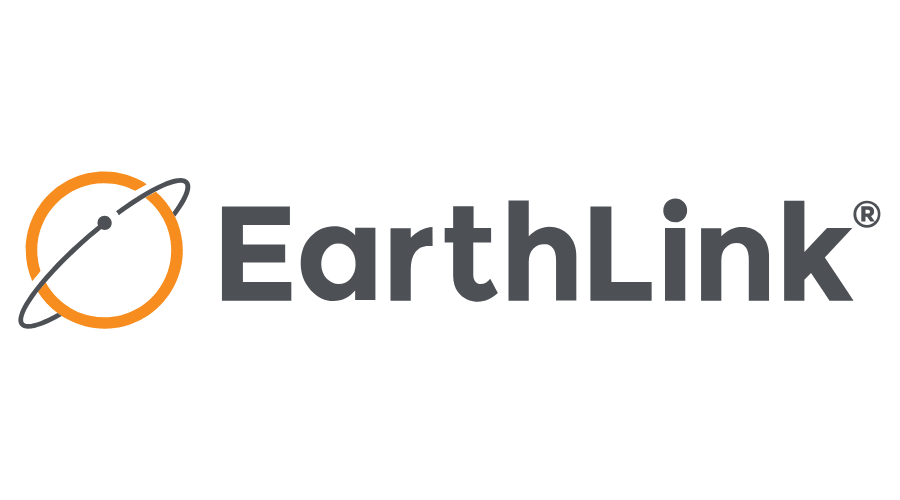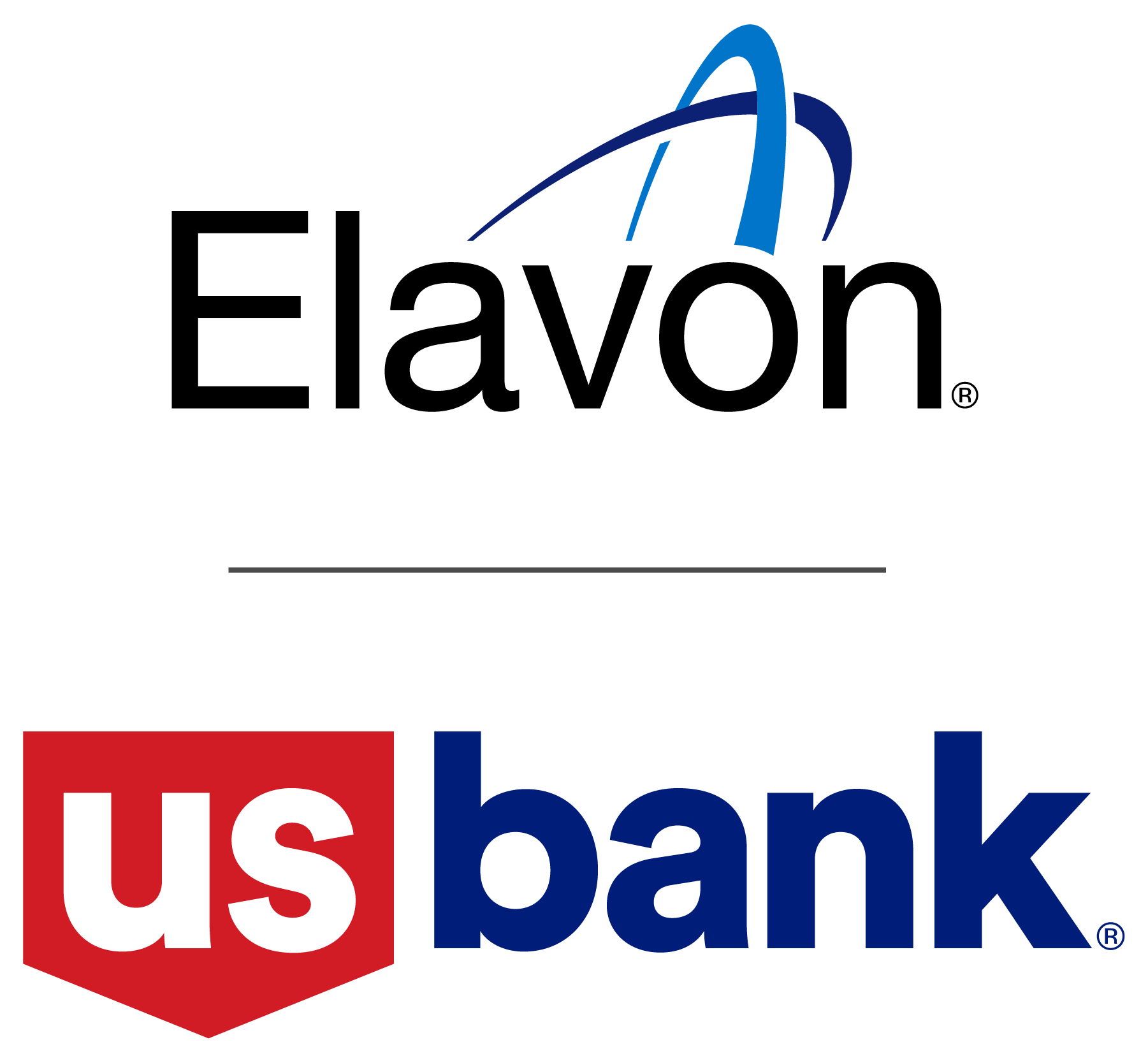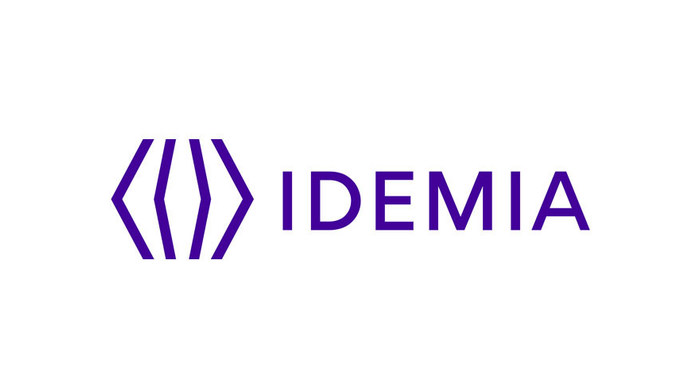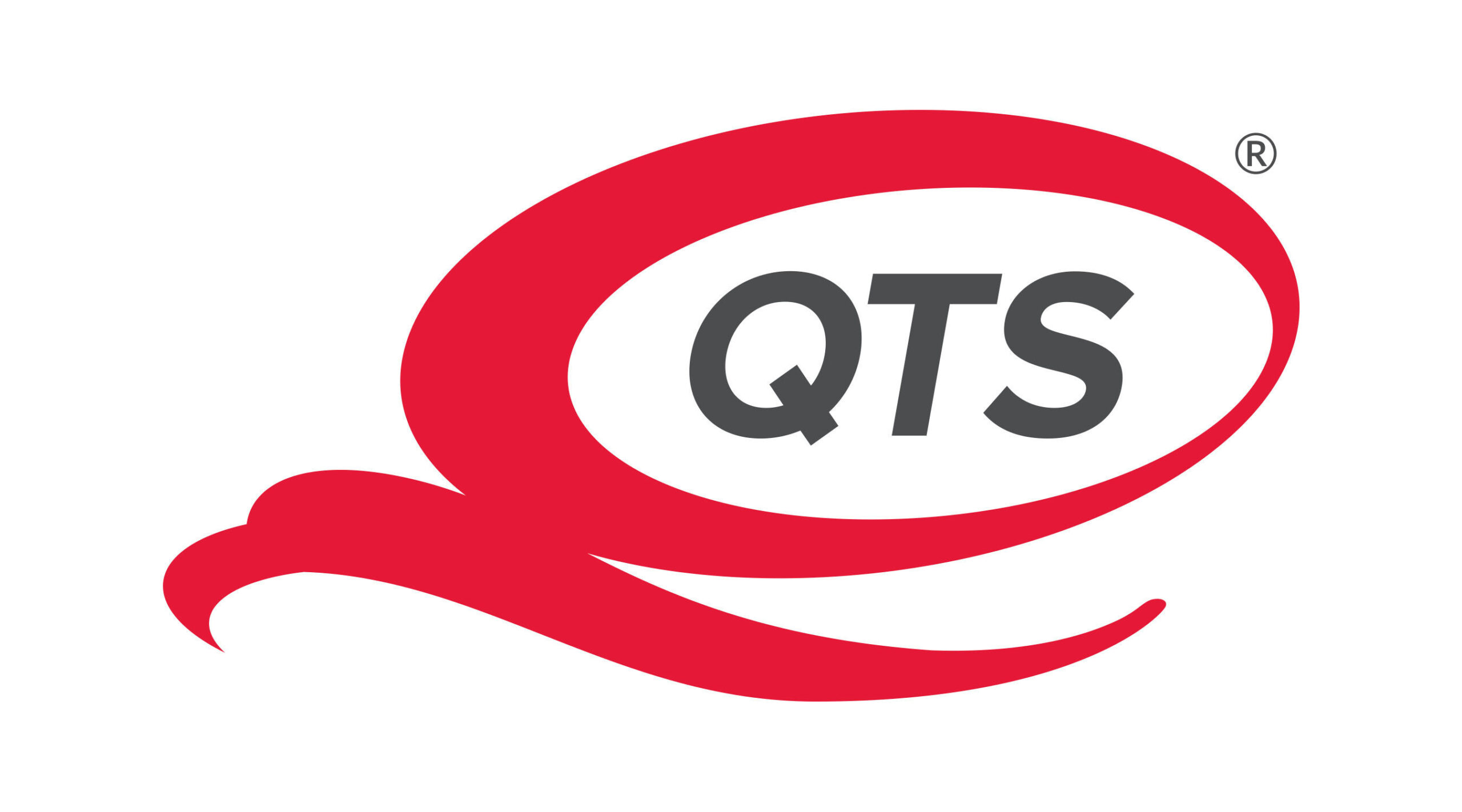ATLANTA – Georgia State University’s J. Mack Robinson College of Business has eliminated the requirement for Graduate Management Admission Test (GMAT) or Graduate Record Exam (GRE) scores from the admissions process for its MBA and master’s portfolio, effective immediately.
“Three factors drove the decision to eliminate the standardized test score requirement from graduate applications to Robinson,” said Brian Jennings, associate dean for graduate programs and executive education. “GMAT/GRE scores are not necessary to predict classroom success; the tests are a barrier to entry and perpetuate systemic inequities; and test performance is immaterial to the ultimate measure – career outcomes and market demand for our students.”
Evaluating applications holistically Robinson began waiving GMAT/GRE requirements for all applicants to its MBA programs in 2018. With the onset of the pandemic, the college temporarily dropped the requirement for standardized test scores from applications to all master’s-level programs.
“We have acquired evidence-based confidence over recent years in our ability to review graduate program applicants without evaluating standardized test scores,” Jennings said. “We assess master’s programs candidates through a holistic lens, and we now have more than 1,000 data points substantiating student success in core curriculum courses. We see no discernable difference in performance between students admitted with a test score and those for whom we waived the requirement.”
Addressing inequity, increasing diversity “The decision to eliminate graduate test scores aligns with Accelerate 2025, Robinson’s strategic plan that includes a goal to address systemic inequities in business and society,” said Richard Phillips, dean of the Robinson College. “Eliminating the expense of testing fees and prep courses lowers the barrier to applying to a graduate business program, making our programs more accessible to populations who typically are underrepresented in graduate business education.”
Over the past two admissions cycles, new graduate enrollment at Robinson has grown 61 percent, while the growth of women has increased 73 percent and enrollment among historically excluded populations (HEP), comprising Alaskan native, American Indian, Black, Hispanic/Latinx, and Pacific Islander, has increased 105 percent.
“This isn’t an anecdotal statement; it’s based on our experience here at Robinson. We now have one of the most diverse graduate student bodies among U.S. business schools and our alumni are in demand,” said Phillips.
The ultimate measure of student success is post-graduate career outcomes. Salaries have risen every academic year for graduates of Robinson master’s and MBA programs and are up 10.6 percent over the time encompassing the period since Robinson started waiving and then eliminating, GMAT/GRE test scores.
“Candidates who believe test scores may strengthen their application can still include GMAT or GRE results in their application materials,” said Jennings. “Students definitely have the option to present their best case for admission to the selection committee.”
About Georgia State University’s J. Mack Robinson College of Business
Georgia State University’s J. Mack Robinson College of Business is 8th among accredited U.S. business colleges for graduate enrollment, according to the Association to Advance Collegiate Schools of Business International (AACSB). More Georgia executives hold advanced degrees from Robinson and Georgia State than any other U.S. institution. Learn more at robinson.gsu.edu.




































